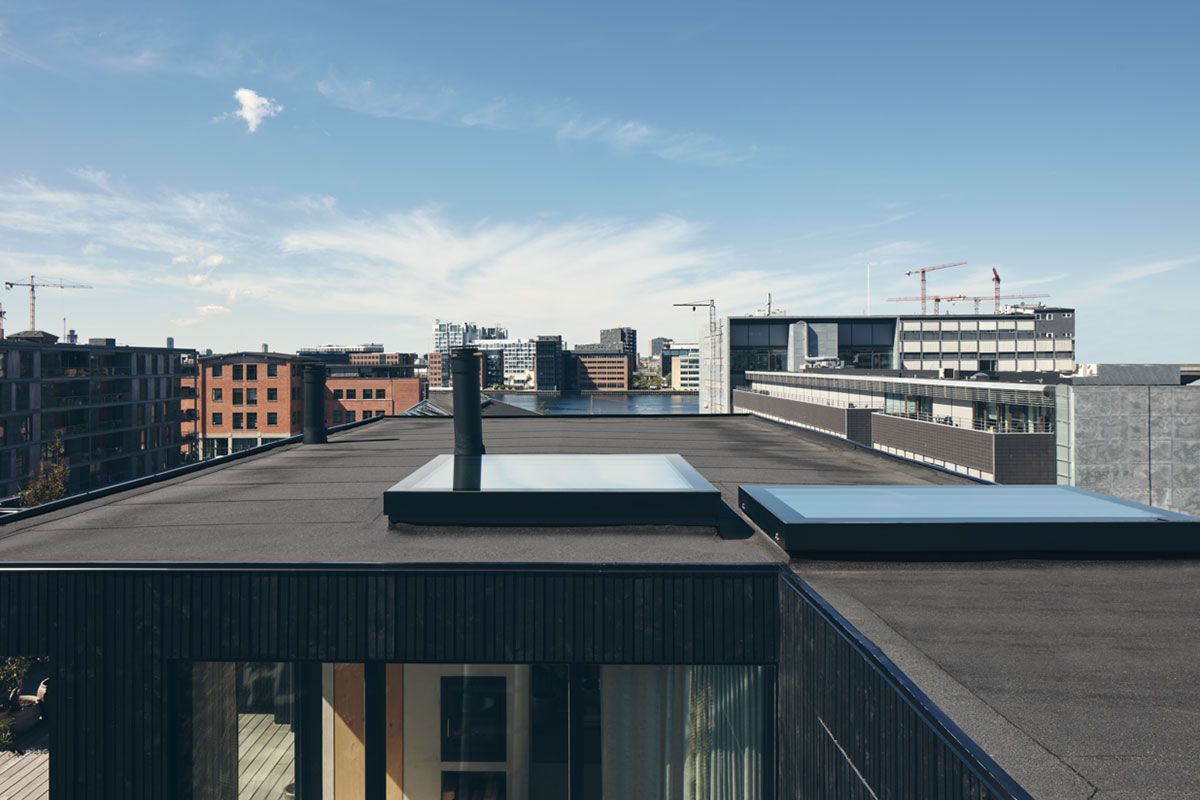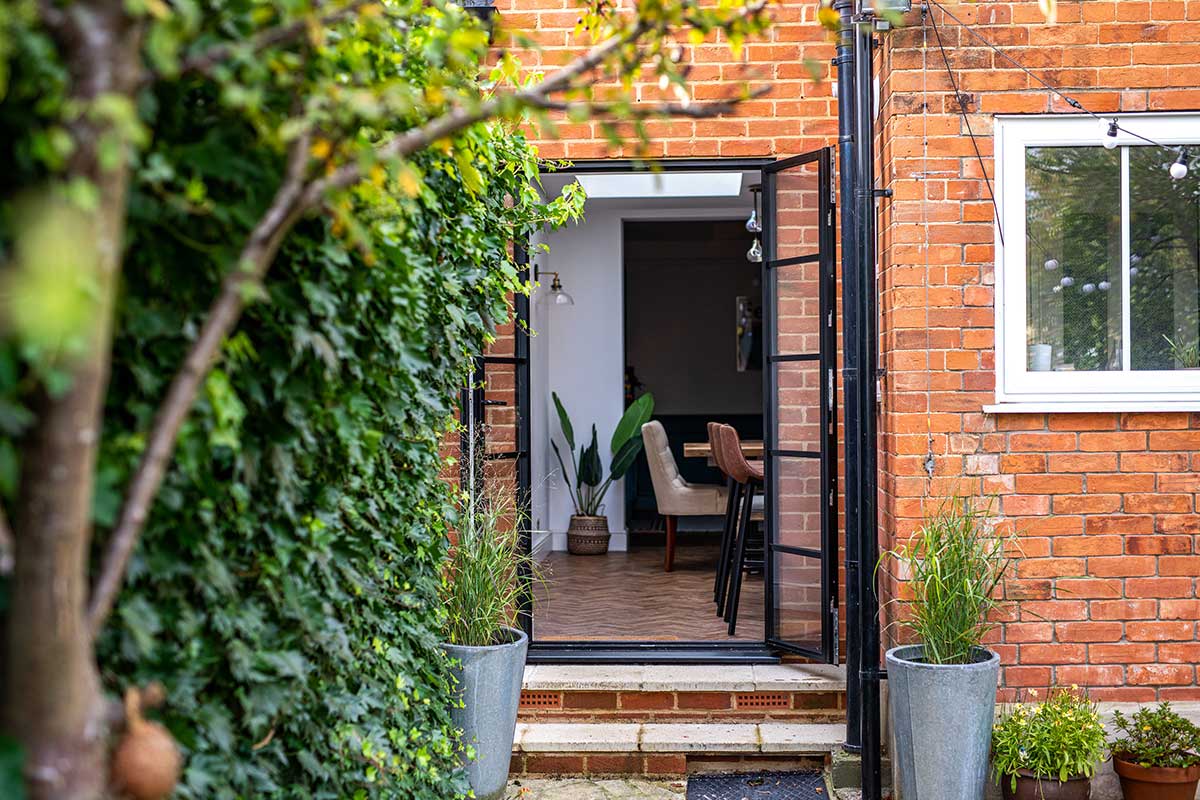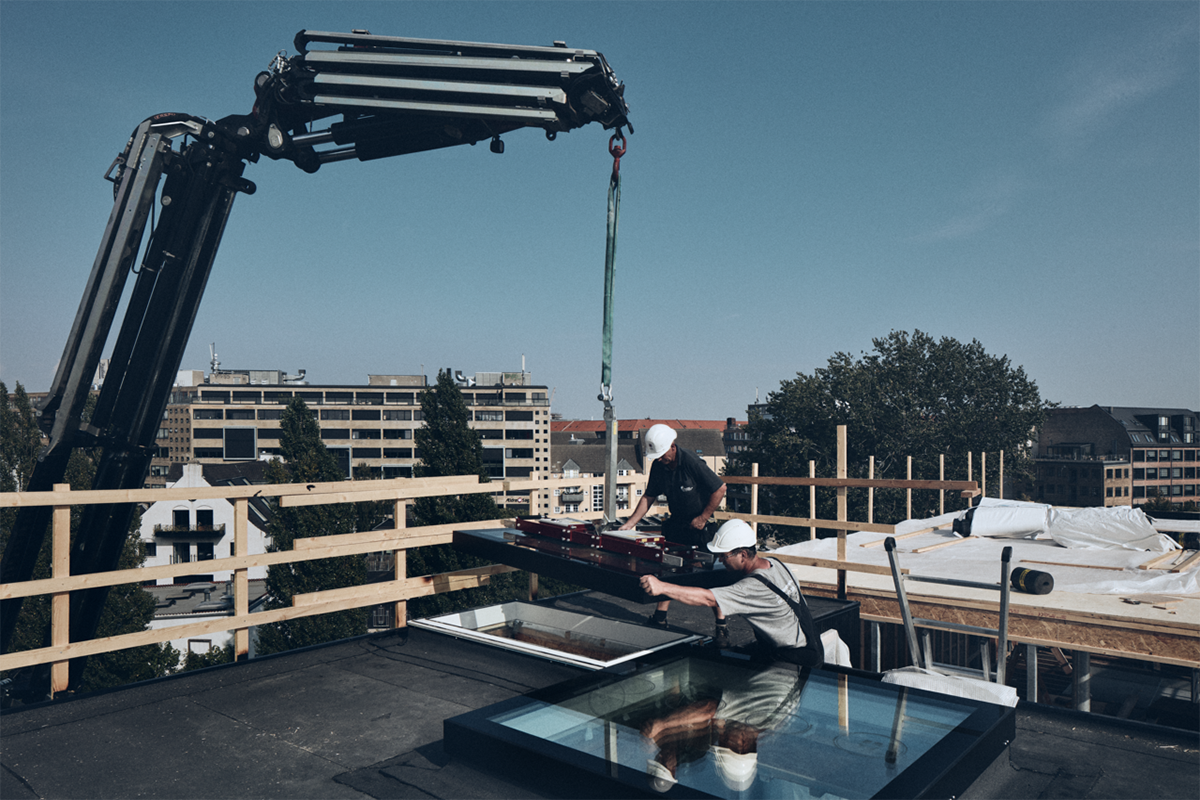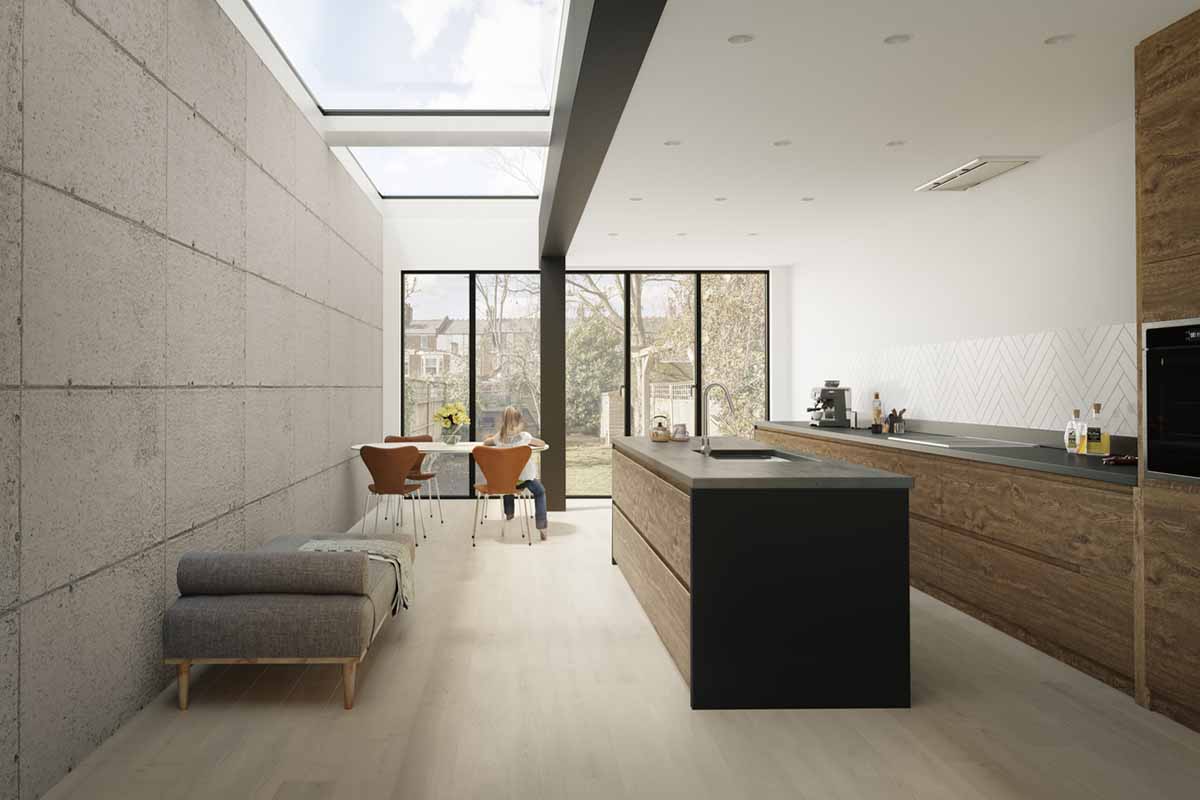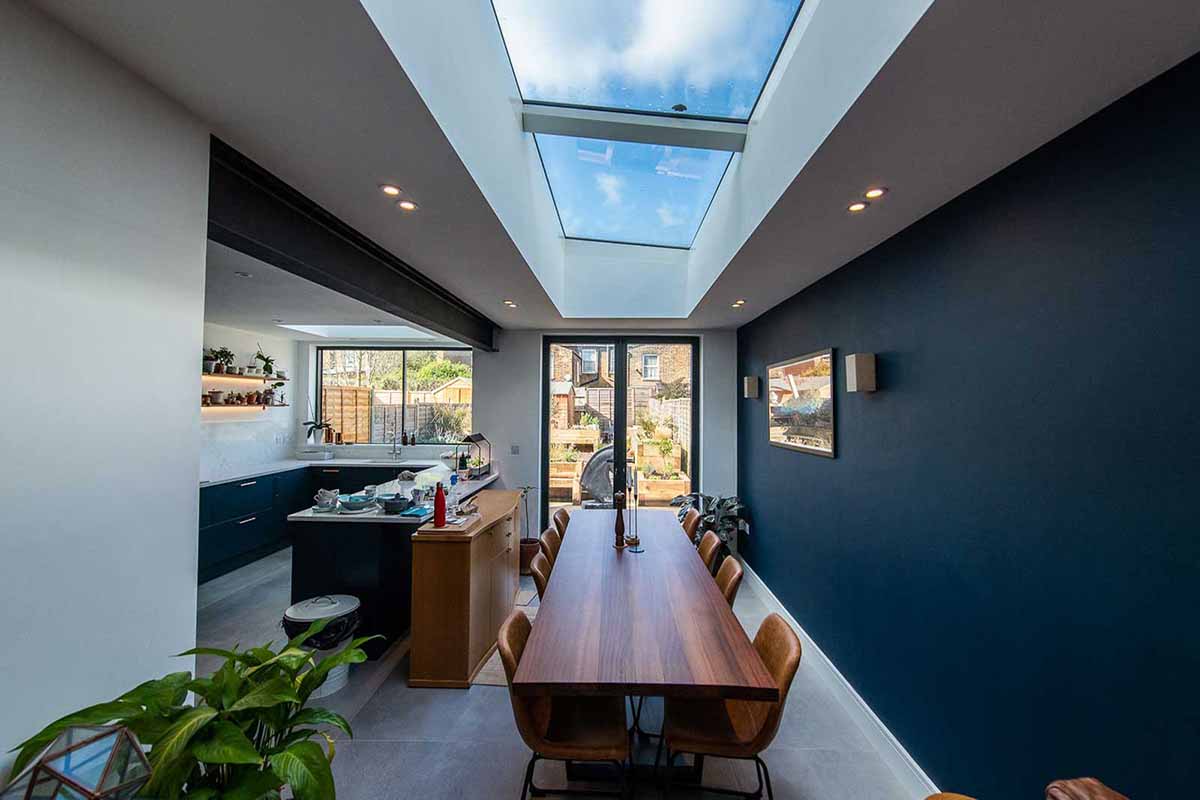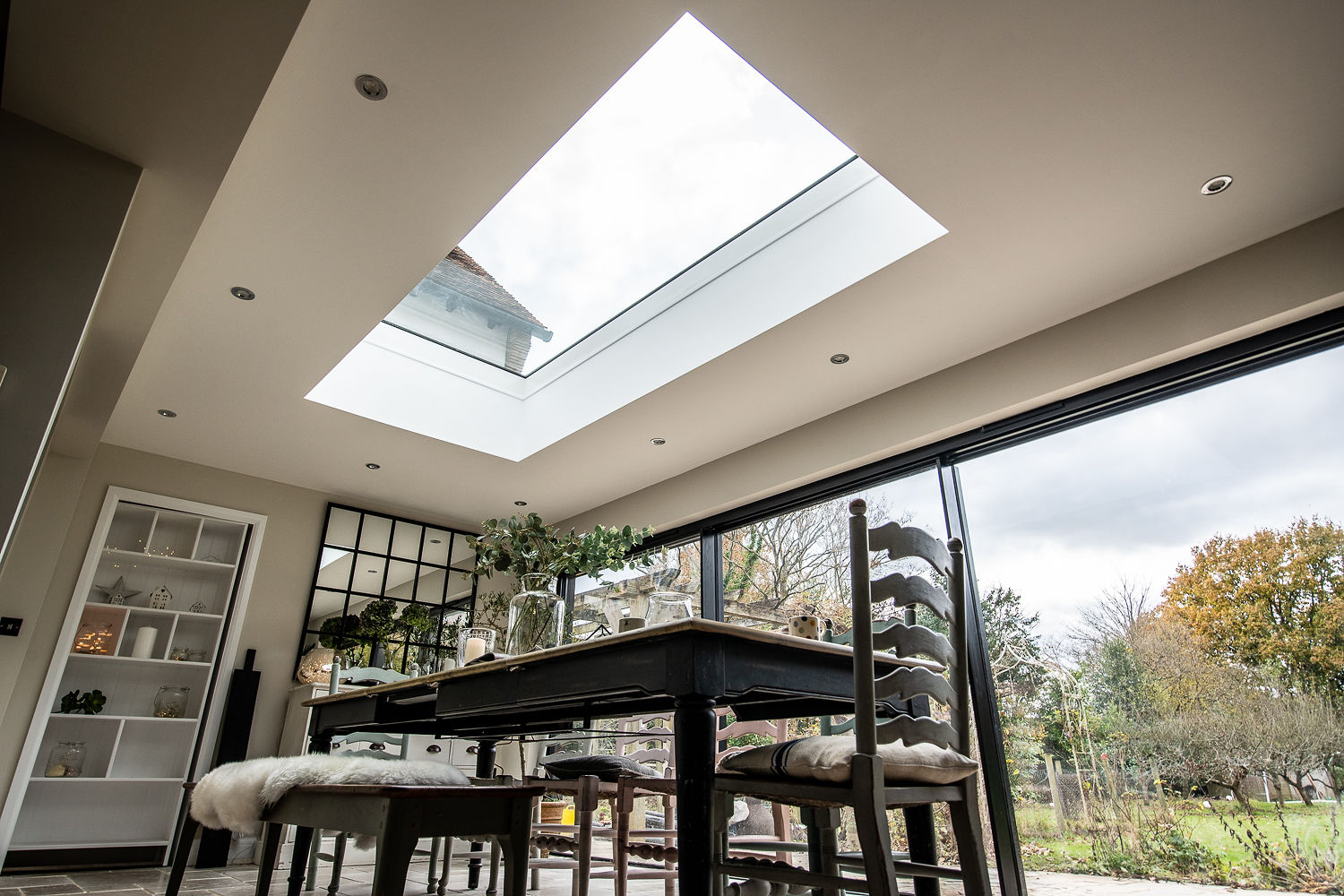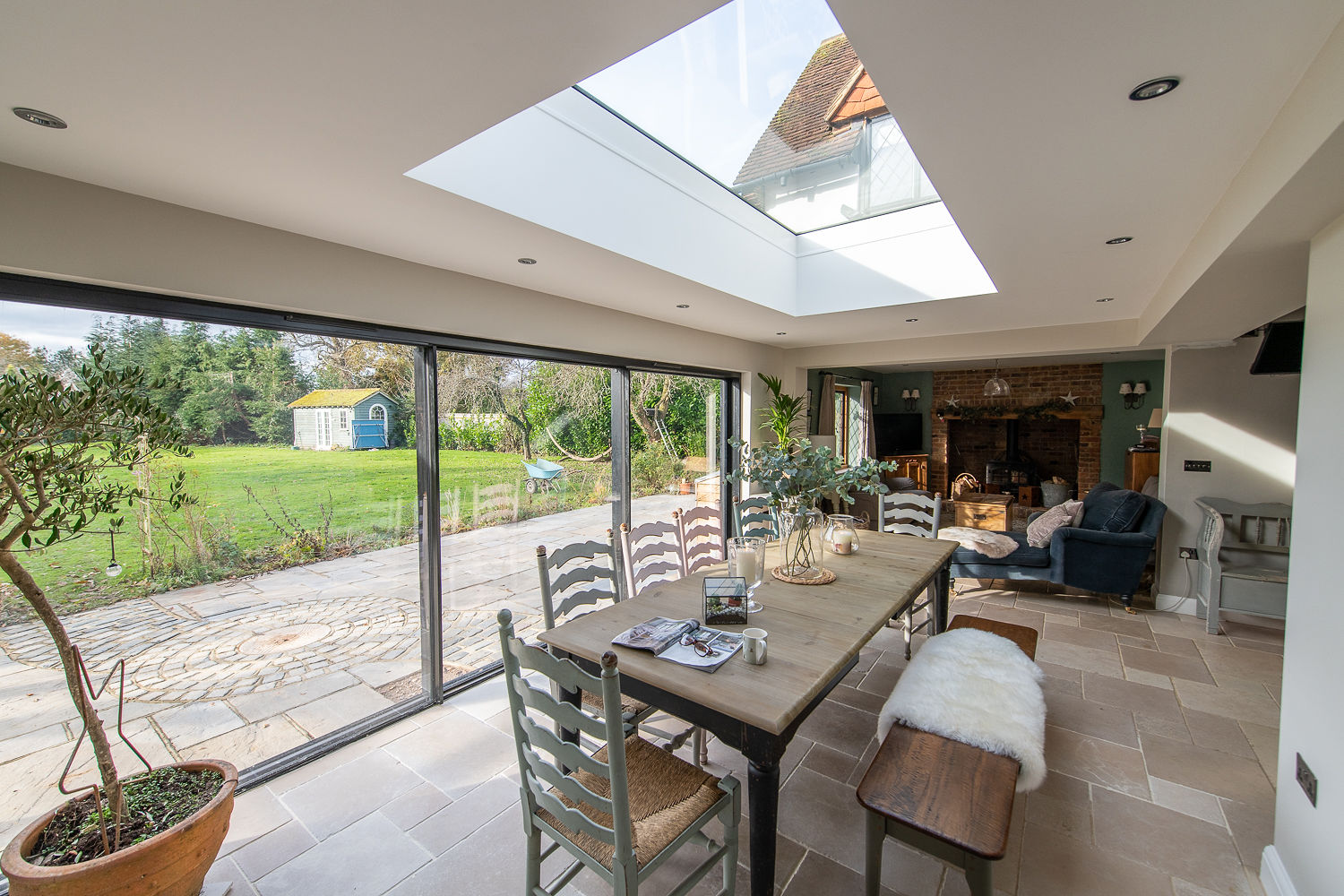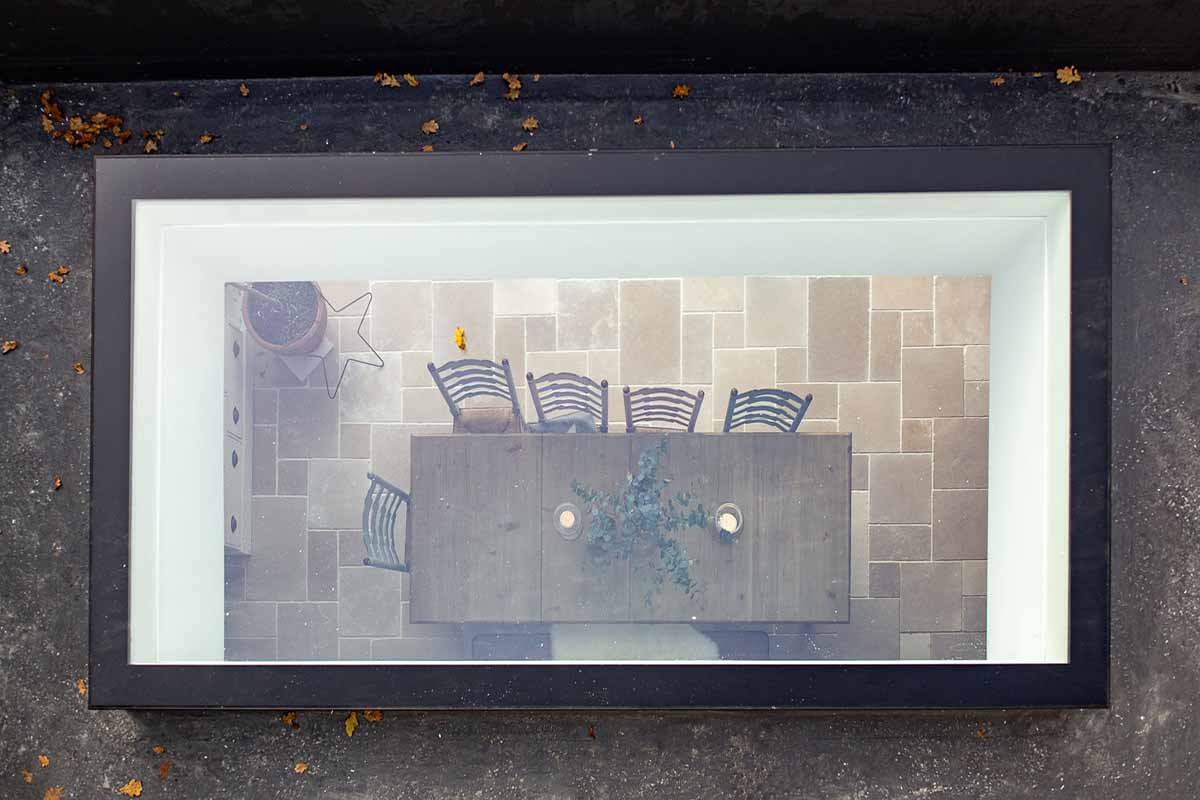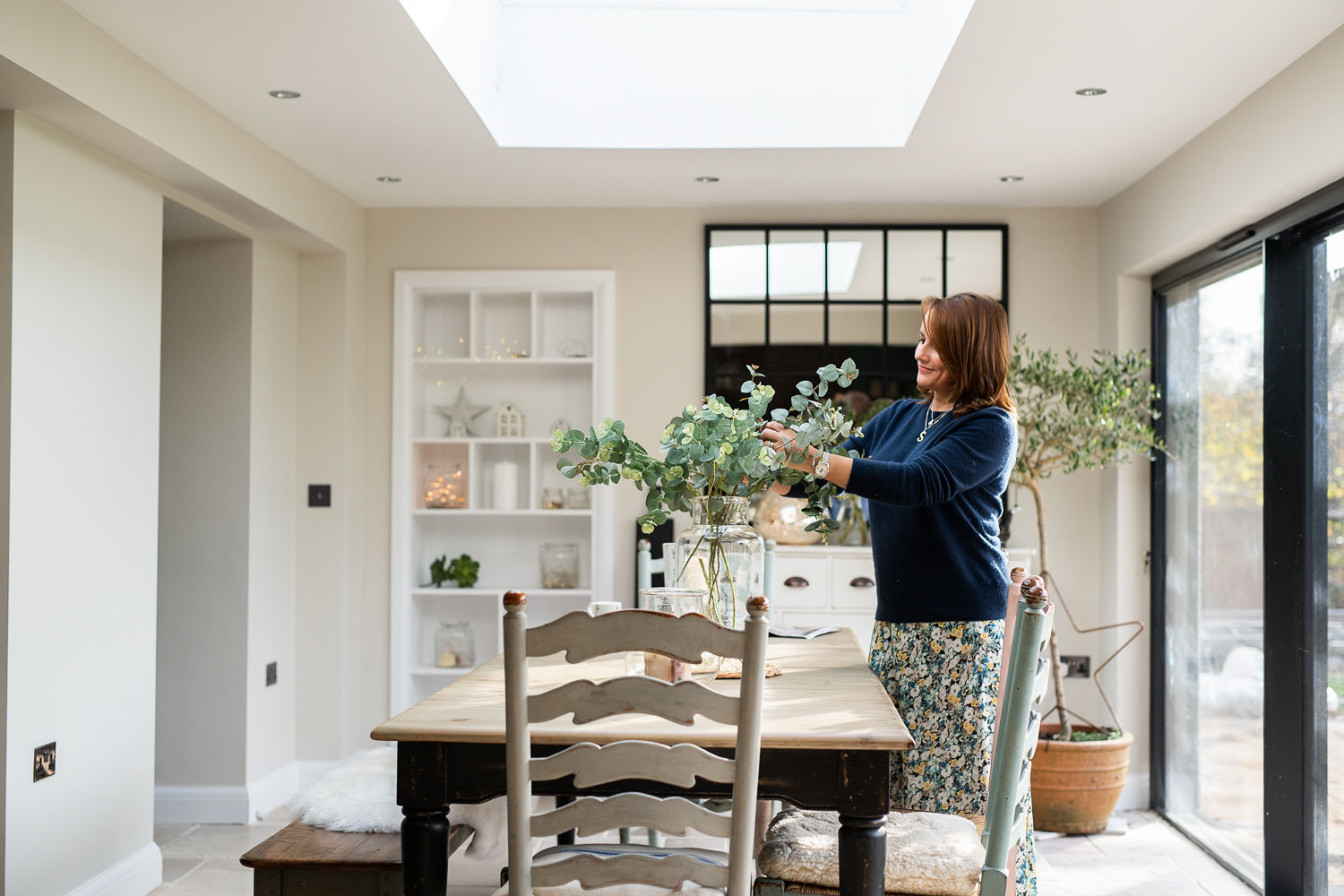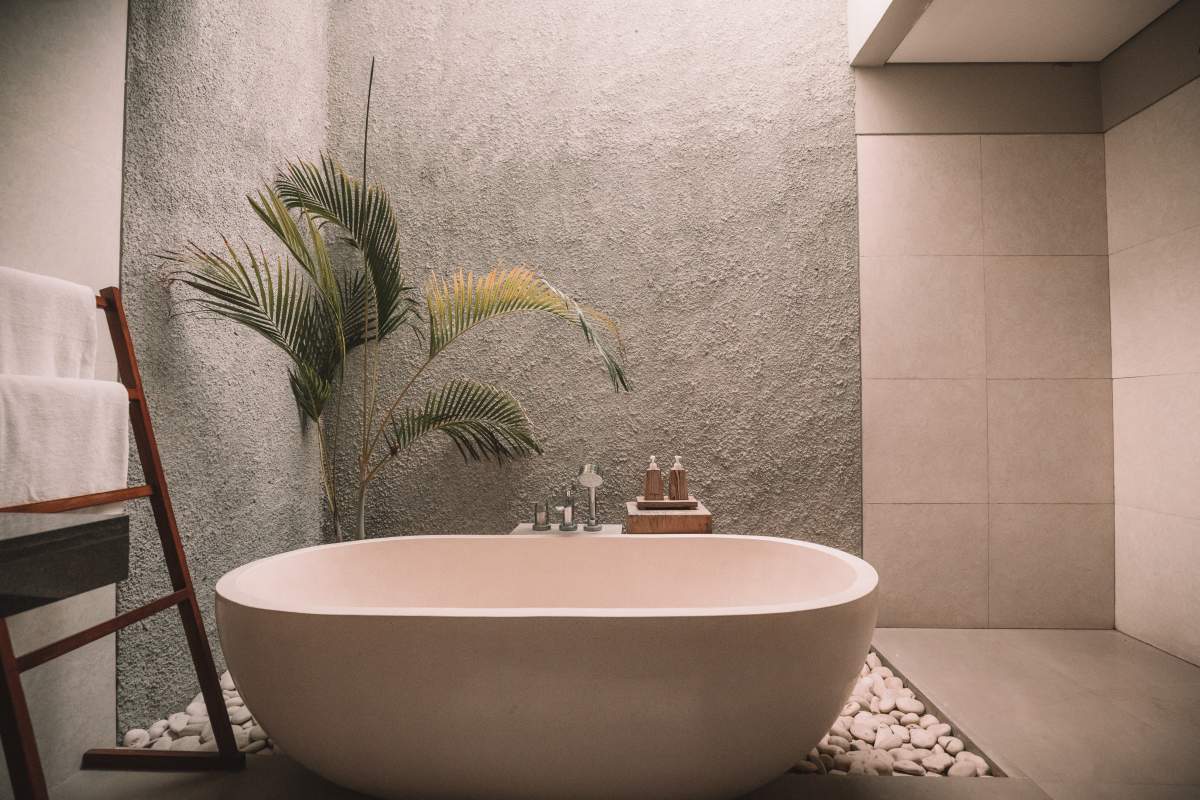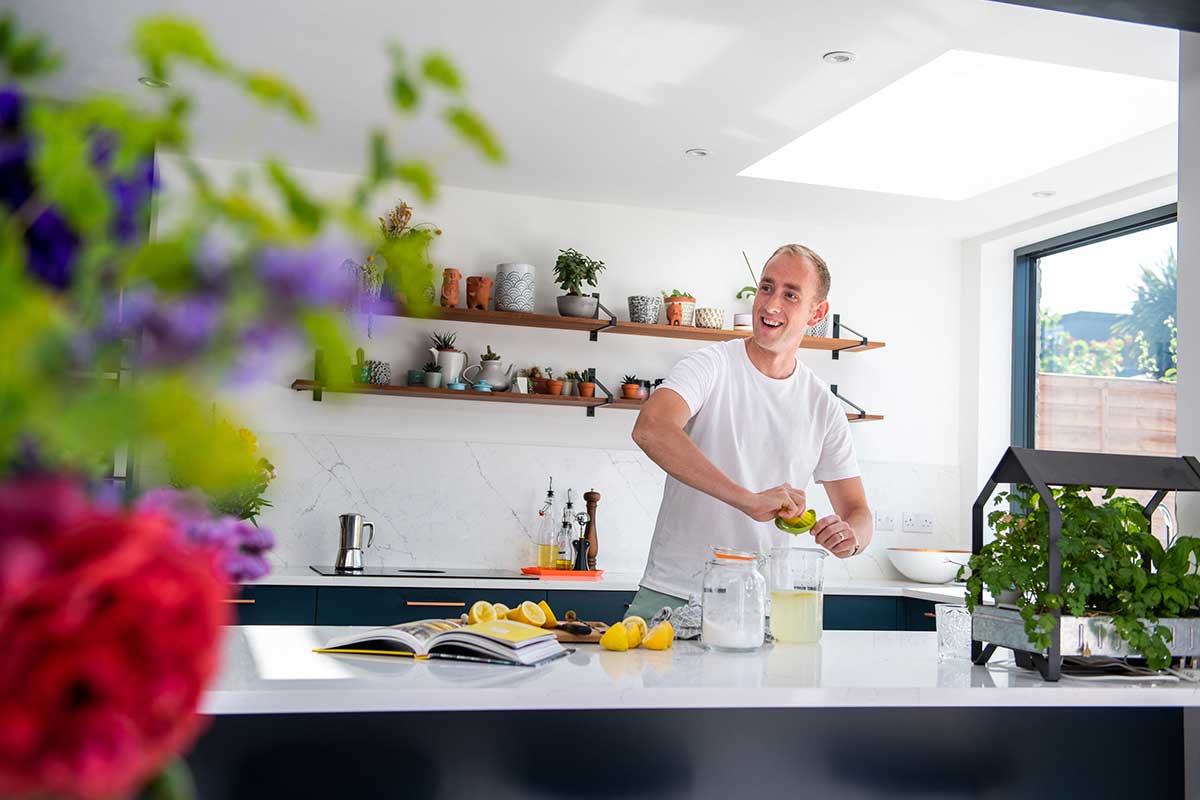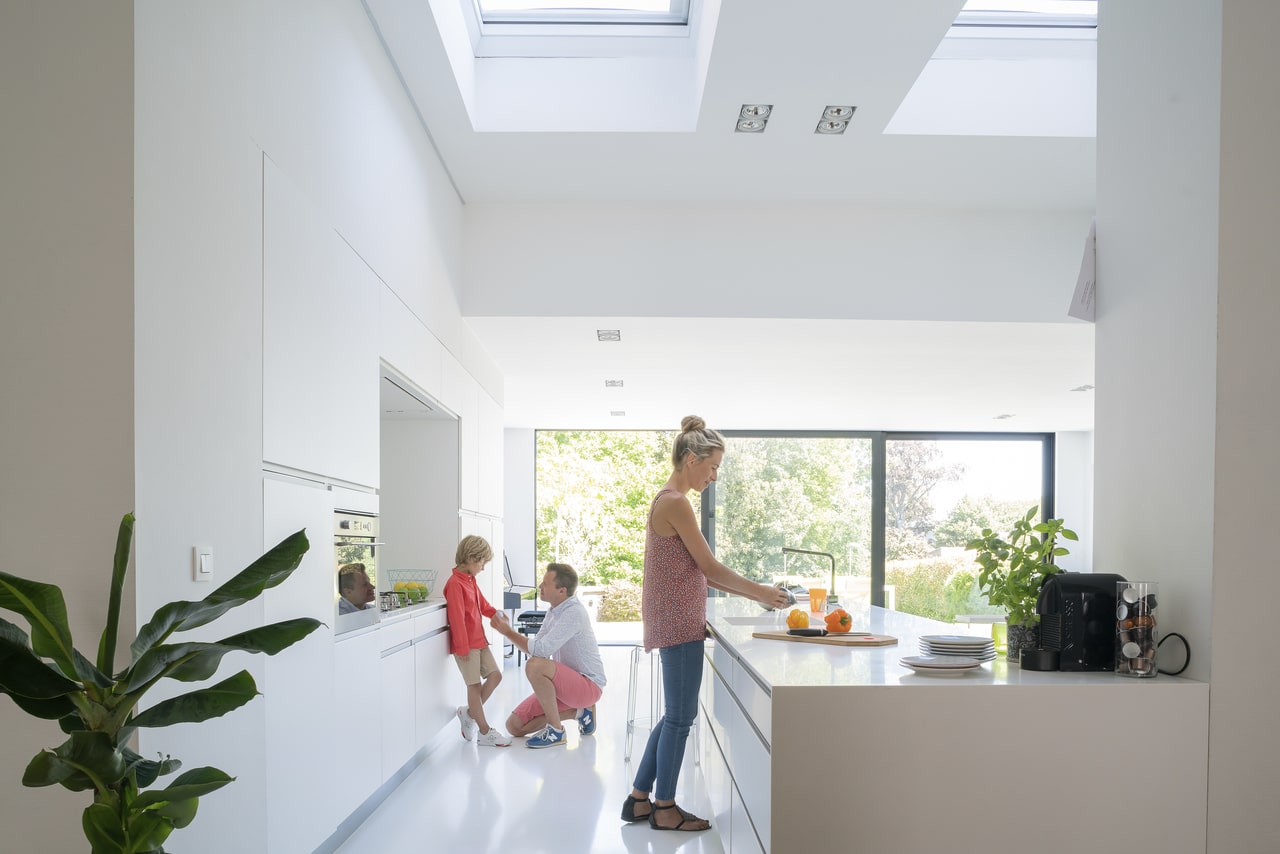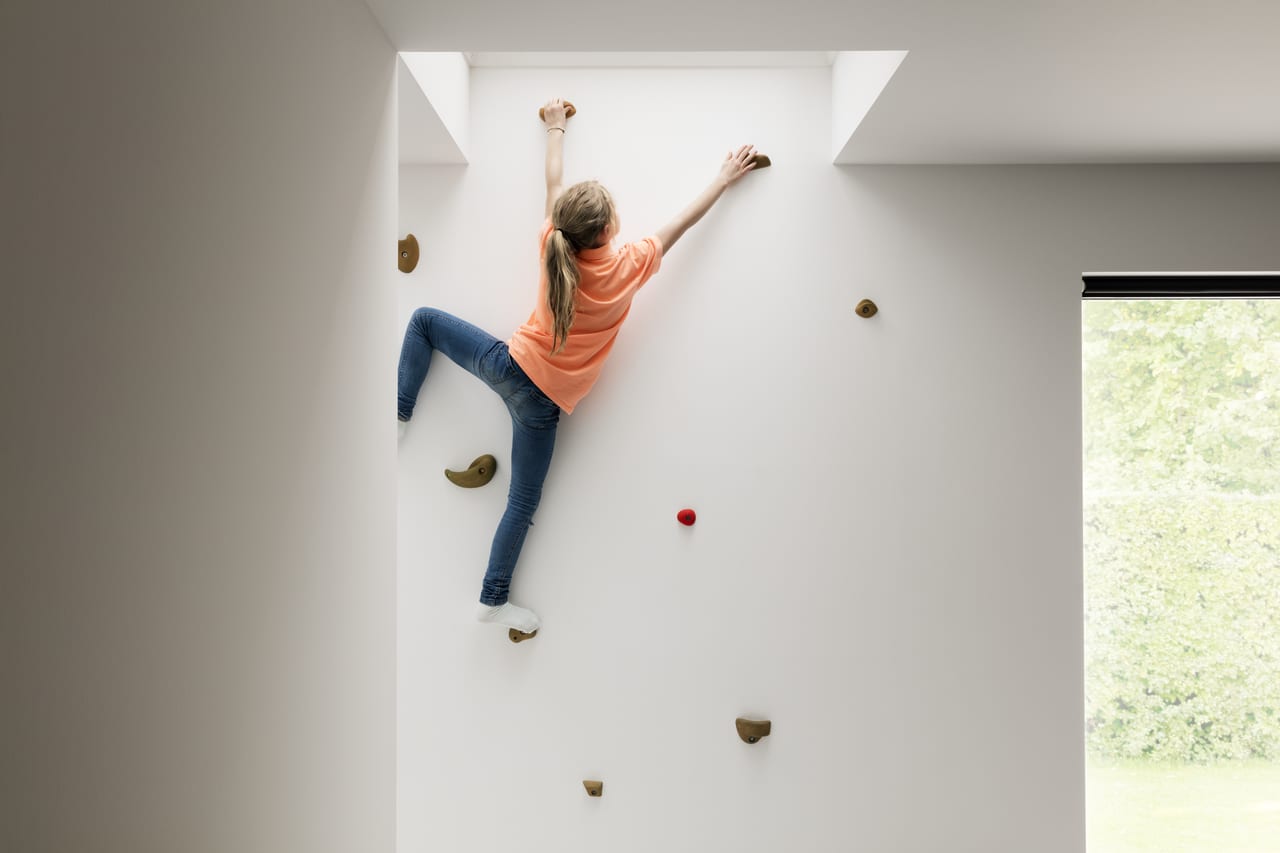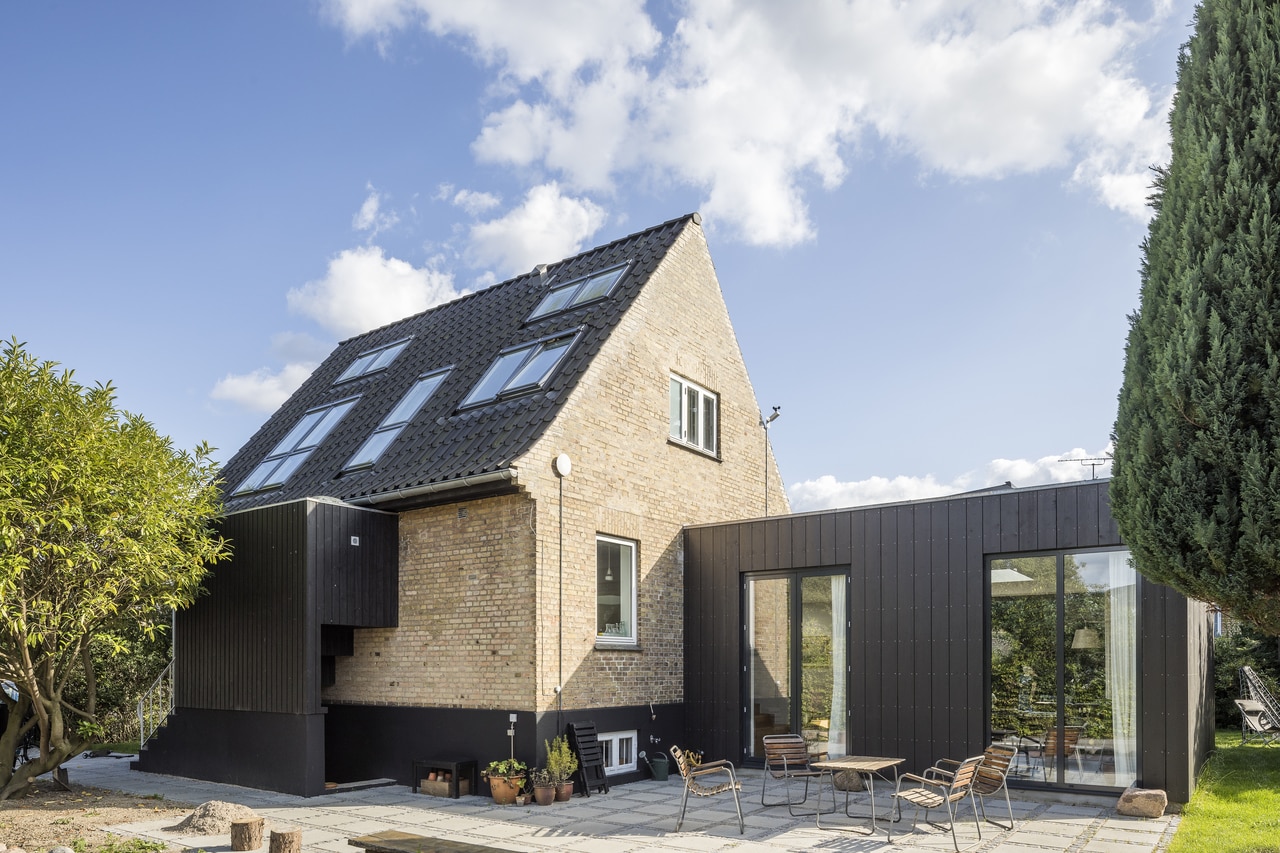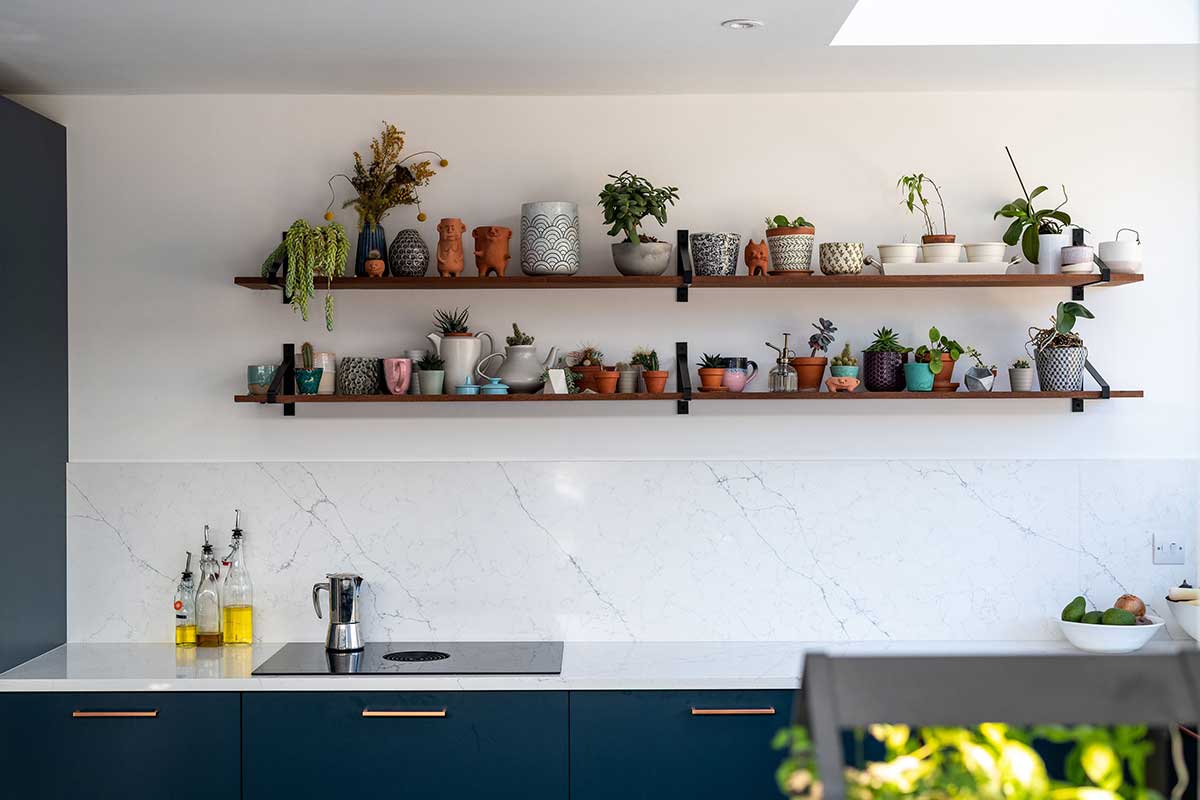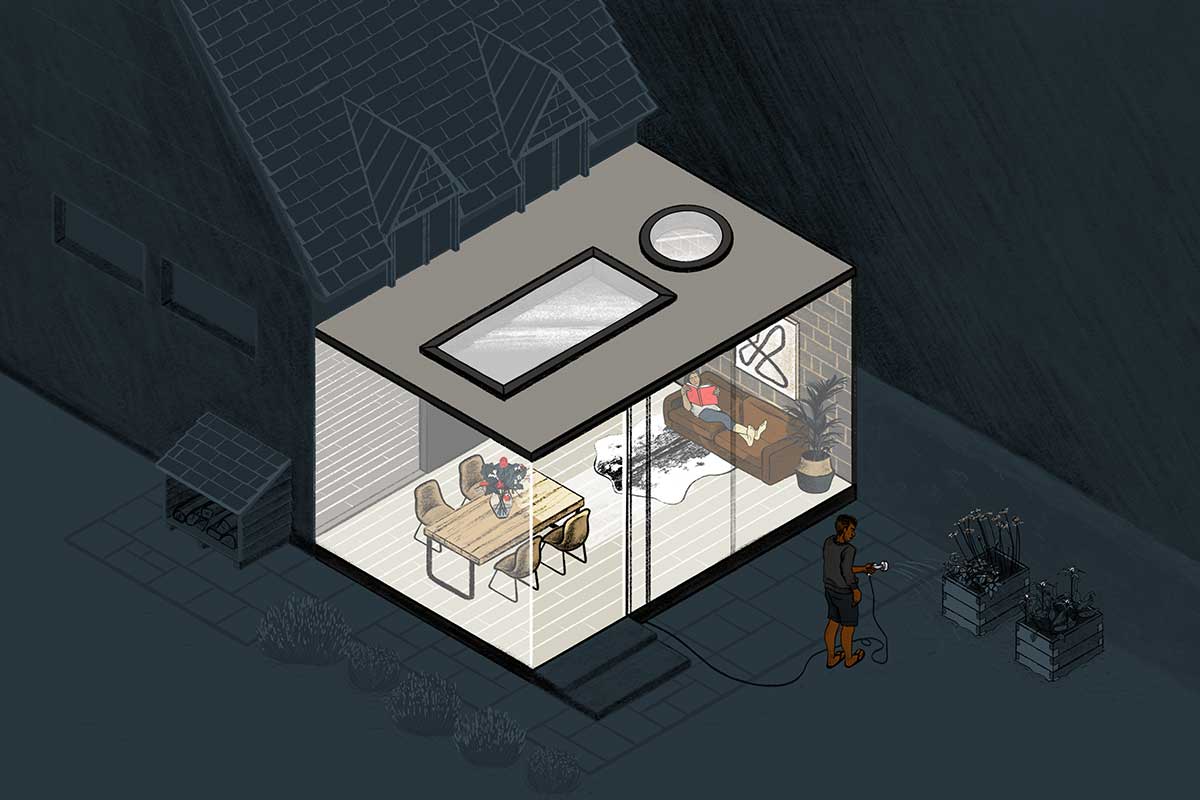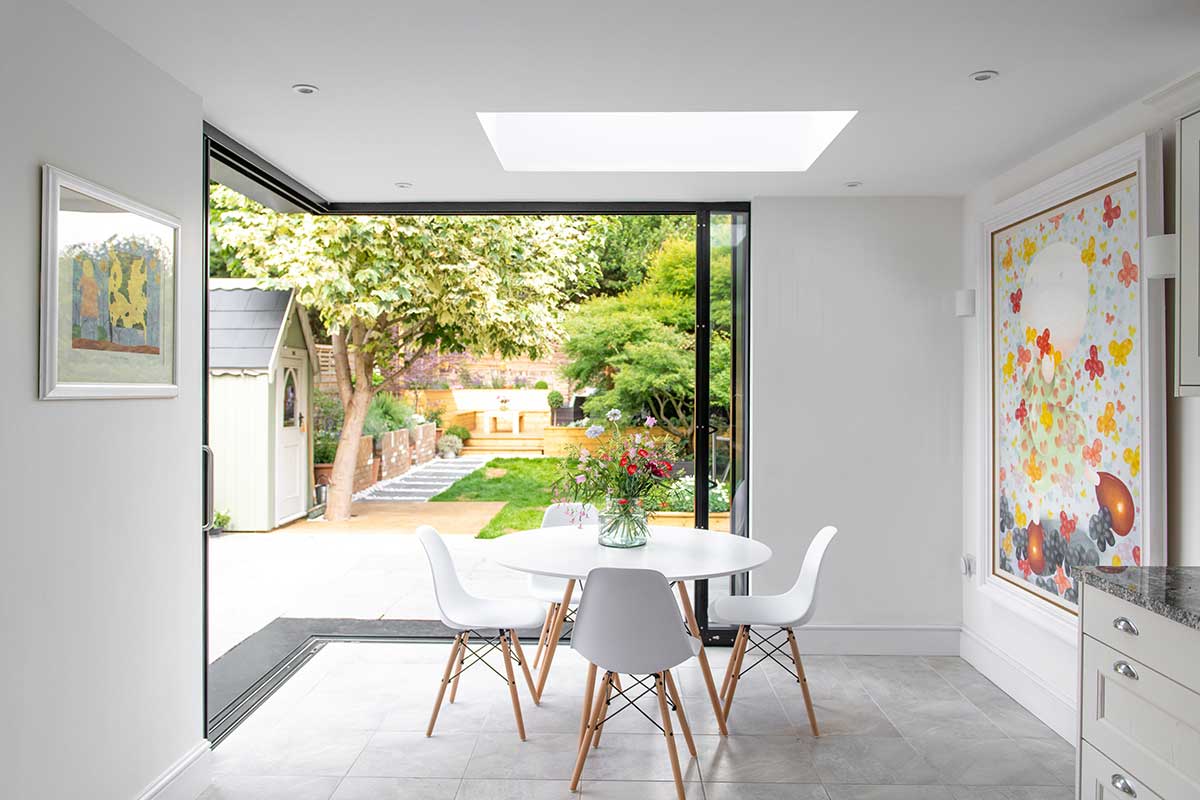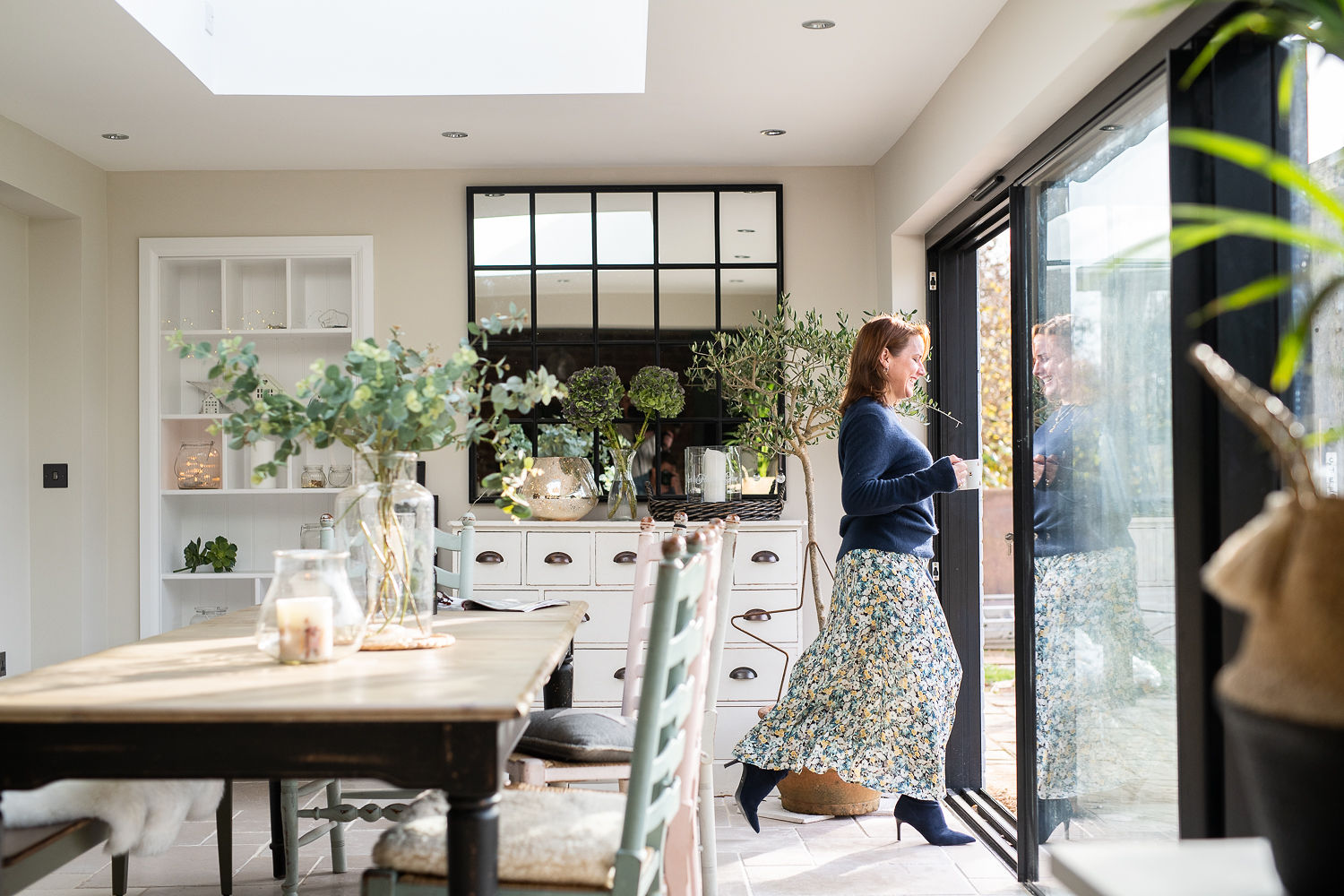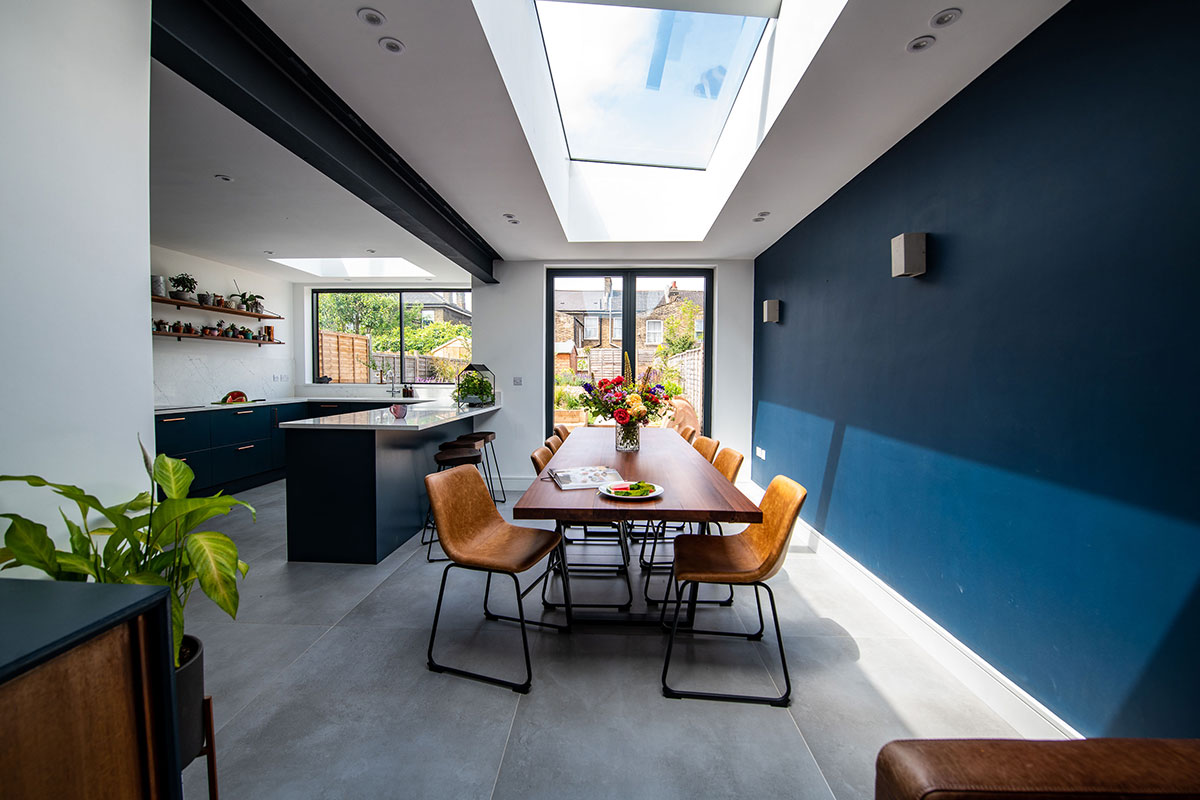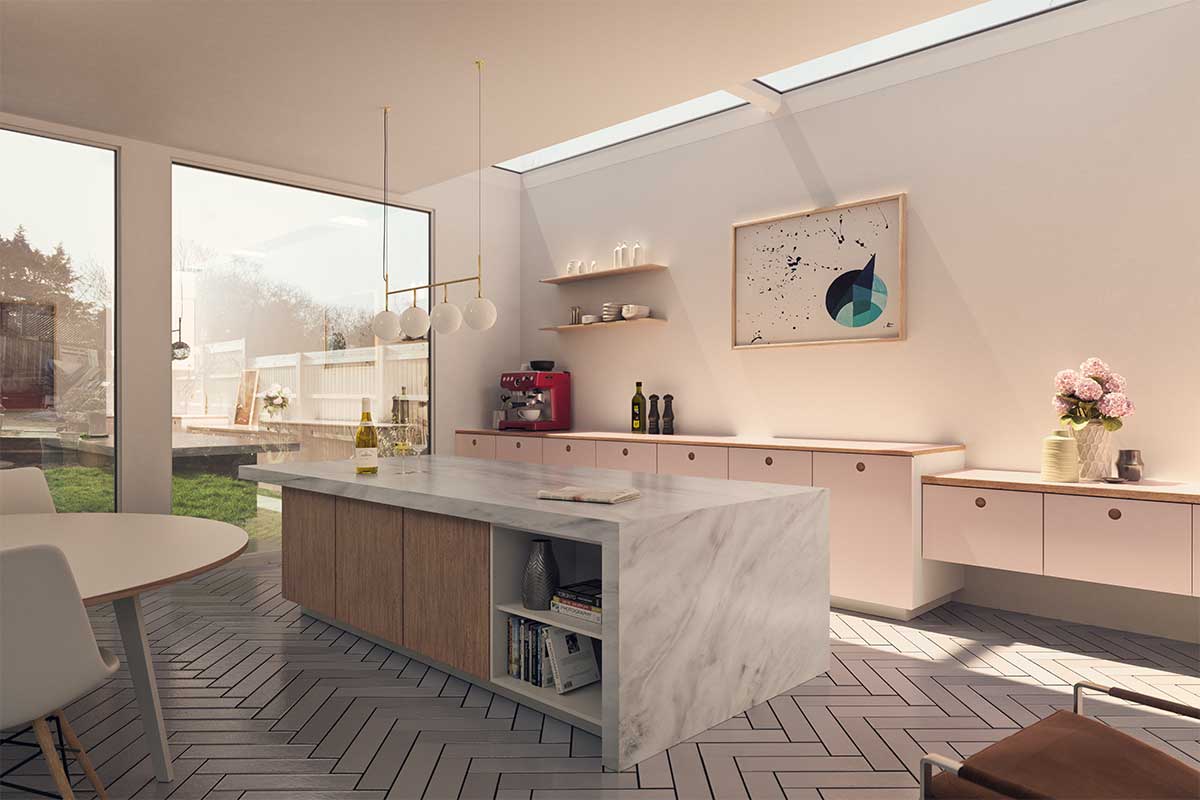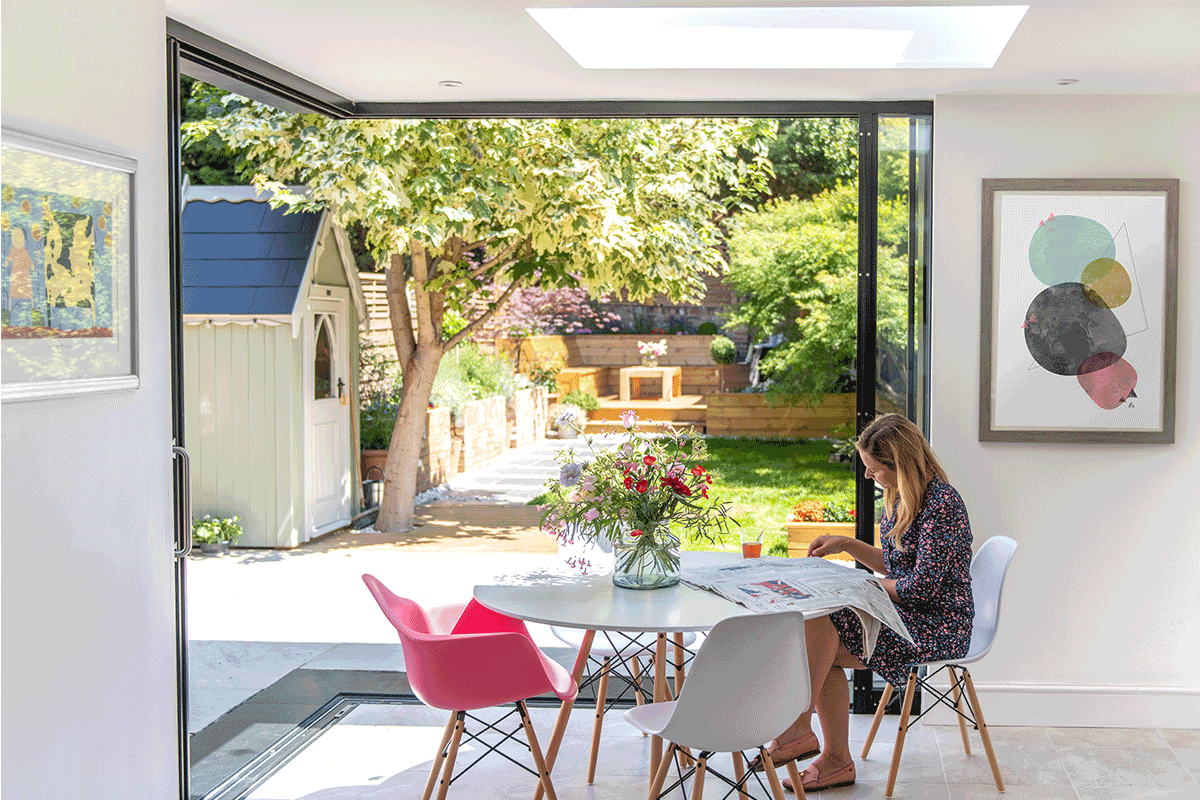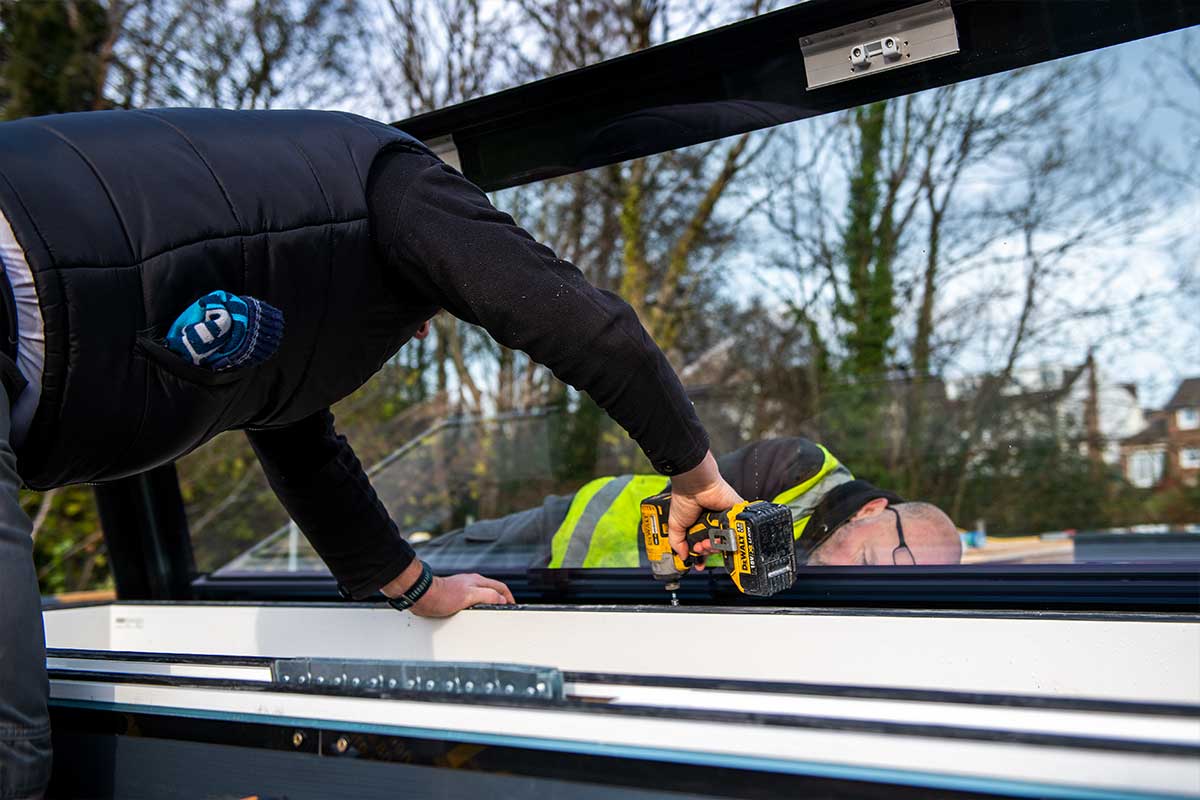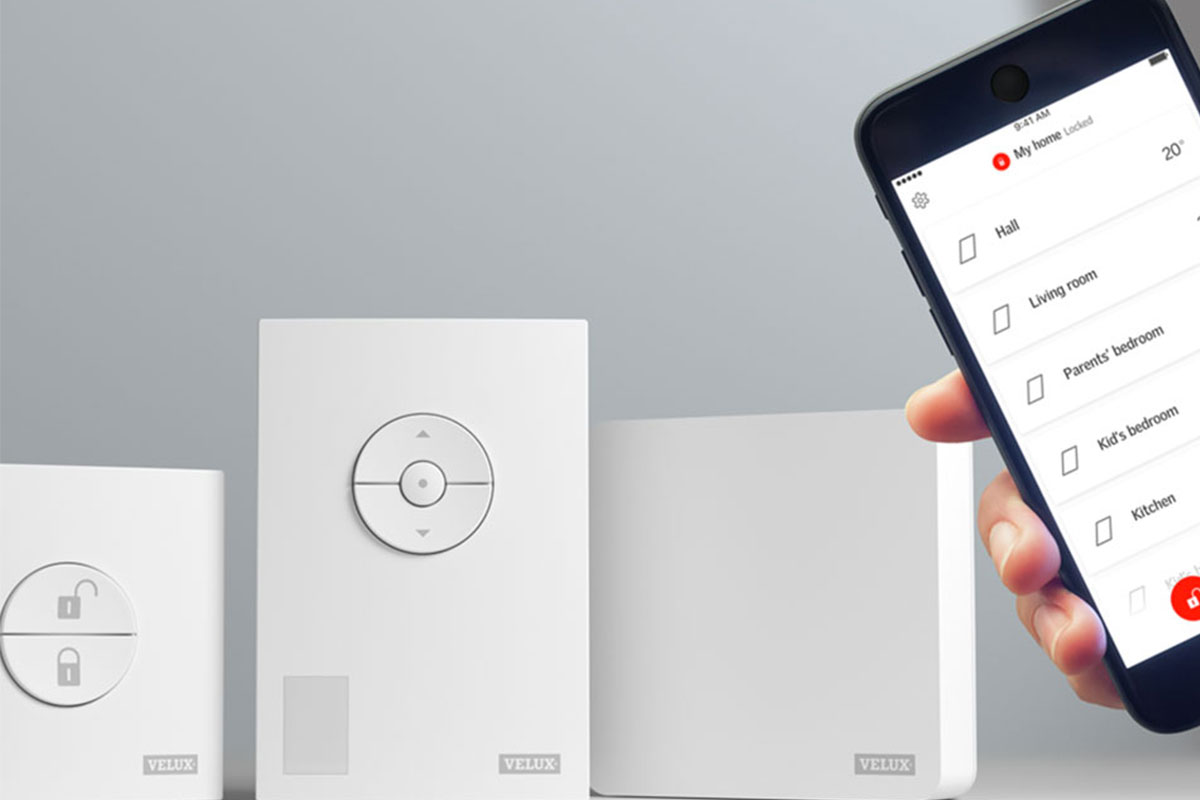Checklist: How to prepare for your first meeting with your contractor
You’ve whittled your shortlist down to one (phew!) and you’re ready to start work with your chosen trusted contractor. But how do you make sure you get that relationship off to a flying start? Here are a few pointers to help you nail that first meeting. After that, just apply regular tea, biscuits and great communication. You’ll be sure to get the result you’re looking for.
Why is the first meeting so important?
The first meeting is all about establishing your vision for the project and establishing common ground with your contractor, so they get a crystal clear view of what you want.
It is also the time where you close the gap between your dream outcomes and your budget, so lean on your contractor for their expertise on what’s realistic.
It’s good to go into this meeting with an open mindset. Of course you’ll have a set of broad objectives, more light, more space etc. but being aware that there’s more than one way to skin a cat and being open to alternative suggestions as to how to achieve your objectives can get a better result than sticking to your guns over every detail.
Preparing for your meeting
Planning makes perfect: Make sure you bring your floor plan if you have one. If you haven’t got a fixed plan yet, a few sketches of different layouts that might work are a good starting point.
Colour & context: Bring a few pictures with you to help bring your vision to life. If your contractor can see the images that inspired the project they’ll have a better idea of what you’re aiming for.
Living well: If you can give your contractor some insight into your lifestyle and what you like and don’t like about your current space it will help them make suggestions from their past experience of things that have worked for people with similar setups and challenges.
Money matters: You need to be absolutely certain of your budget and time frame from the outset. These are two of the most important areas in the project and the ones that present the biggest chance for conflict.
Gather your intel: Doing thorough research before the meeting so you have a good idea of the kinds of questions your contractor is likely to have and where your preferences sit on various elements will help you get to final plans faster.
What questions are likely to come up?
Each contractor will have their own list of questions for you during the discovery meeting. These will help them understand what you want and how you are going to use your space. They’ll factor these in when completing your build. Here are a few of the typical ones you might prepare for in advance:
● What do you like about your home at the moment?
● What do you wish there was more or less of?
● What would you change if you could?
● Who lives there? Who visits regularly? Does anyone have special needs?
● What’s your lifestyle like at home? What activities do you do?
● Does anyone work from home?
● How do you like to entertain? And how frequently?
● Which rooms are most important to you and why?
● Do you like any particular materials? Are there any you really don’t like?
● How important is having a green home to you?
● What is the budget and timeframe for the project?
Your contractor shouldn’t be the only one asking questions. Prepare your own list of questions for them, such as:
● Who will need access to the site, when and how?
● What arrangements will need to be made for them?
● How will materials be brought onto and off the site?
● Who is responsible for receiving deliveries or removing refuse?
● What is the payment schedule?
● How much involvement will you have in the project once it starts?
● What communication can you expect from your contractor?
● What will they need from you and when?
Good meeting practices
Agree on next steps: If you don’t reach a definite conclusion on anything during the meeting, at least agree a next step, who is responsible, by what time will they complete the step and when will you meet again to discuss.
Take notes: Take detailed notes during the meeting so you both have a record of what happened for future reference. This might include but not be limited to:
○ Definite actions/decisions
○ Outstanding questions to be answered and who by
○ Communications and project management schedule
○ Ideas to explore further at a later date
By the end of the meeting you should have established a good rapport with your contractor and be further convinced that they are the right firm for the job. You should both have a clear view of what the vision for the project is and have made some significant progress on finalising plans. If you follow the tips above, you’re sure to have eliminated a lot of potential hassles and disconnects before they happen.
Need any help finding the right contractor for you? Book a free consultation with us, and we'll be happy to put you in touch with one. We wish you all the luck in the world designing your new space!


